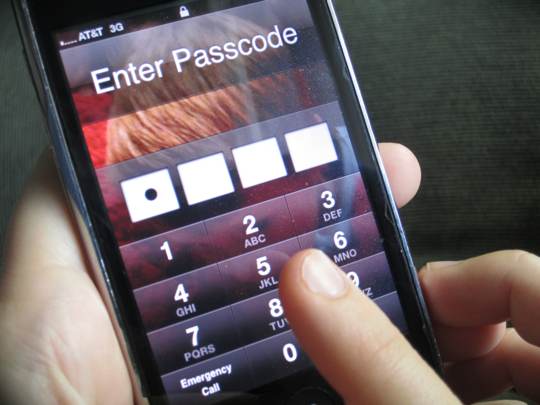It has today emerged that Apple has created a waiting list to handle law enforcement requests to decrypt seized iPhone because it receives so many requests.
Reports from the federal Bureau of Alcohol, Tobacco, Firearms and Explosives suggest that an ATF agent contacted Apple ?to obtain assistance in unlocking the device? in a case over a Kentucky man accused of distributing crack cocaine, however the ATF ?was placed on a waiting list by the company?. Elsewhere, an agent contacted Apple to unlock an iPhone 4S having exhausted local capabilities, again he was placed on a waiting list, and was told that there would be at least a 7 week delay.
These reports highlight the increasing reliance law enforcement is placing on the data and evidence it can obtain from encrypted electronic devices, but it also highlights the strength of Apple?s iOS security, which is clearly causing problems for law enforcement.

However the revelation could also point to an Apple engineered ?back door? in iOS security, which allows the company to access the information on encrypted devices at the drop of a hat. According to the reports, Apple has ?capabilities to bypass the security software?, downloading the contents to an external USB device. As Cnet points out, this could highlight the notion that Apple holds the final word on just how secure iOS is, and that at the end of the day, Apple can access your device, regardless of encryption, if it so desires. (Physically of course, not wirelessly)
However, it?s just as likely that a dedicated technology company which devotes as much time to security as Apple does is simply much more effective at decrypting its own software.
@TiP_Stephen
Via: Cnet
Source: http://feedproxy.google.com/~r/TodaysIphone/~3/tAzyQ2o1bRA/
Good April Fools Jokes Dumpster Diaper the beach Fear Airport Terminal easter bunny
No comments:
Post a Comment
Note: Only a member of this blog may post a comment.